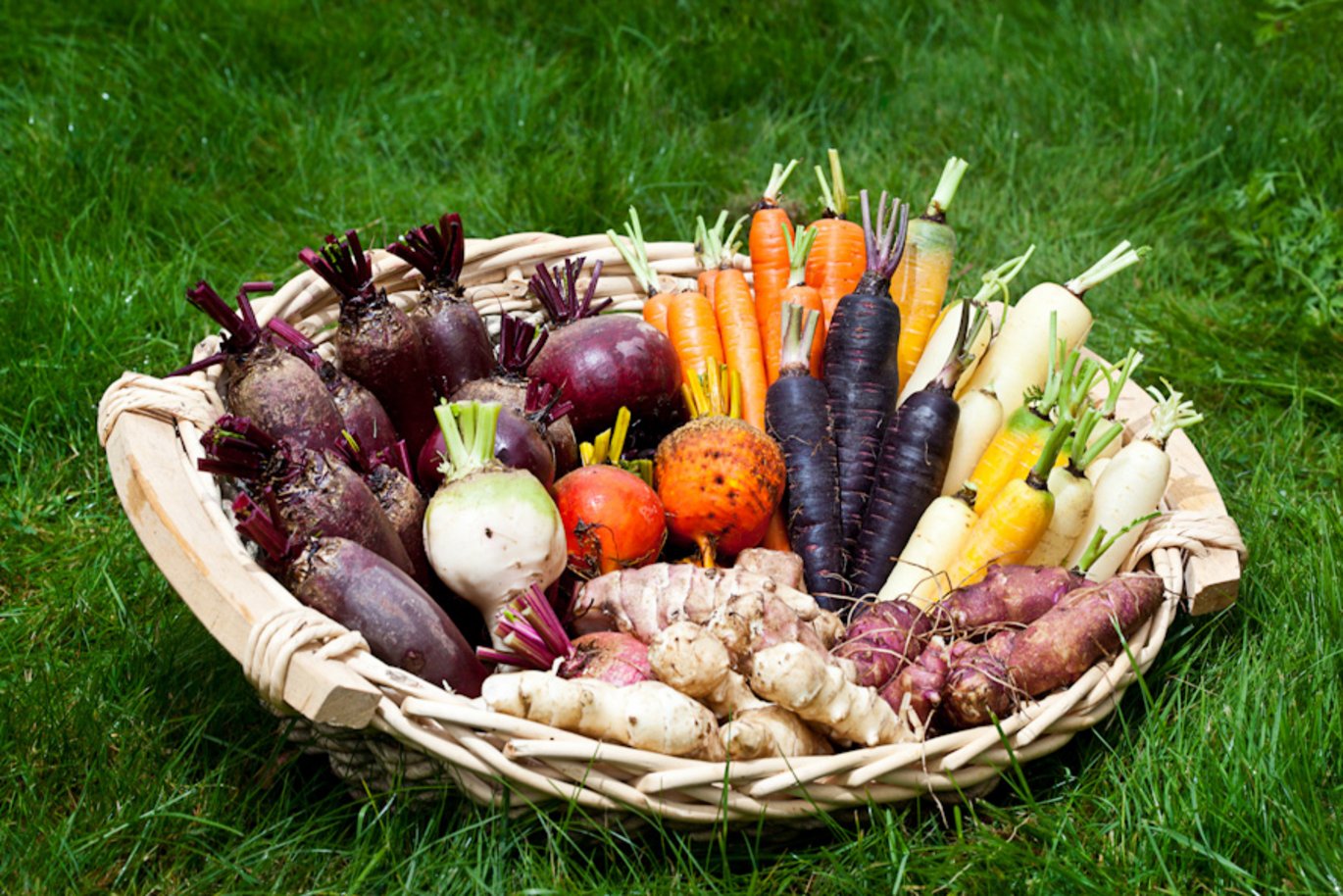Hot baths for root vegetables as a means to reduce food waste
Most root vegetables are washed and thoroughly brushed before they end up in supermarkets. However, this procedure wounds the vegetables leaving scratches that provide easy access for bacteria and fungi, reducing shelf life. Researchers from Aarhus University now examine whether washing with warmer water and the use of plant oils may help reduce waste.

The season for root vegetables peaks in the winter period, and the colourful veggies are a welcomed food alternative in Danish households. However, before they even reach the table, there is a certain risk that the vitamin-rich foods will rot, and problems with poor shelf life will occur. Therefore, Department of Food Science, Aarhus University, has initiated the new KvaliRod project (Quality roots) to help identify methods to increase shelf life. Project participants also include a number of root crop producers and food companies.
The researchers focus on how the root vegetables are washed before they are packaged and sold. During this process the vegetables are thoroughly brushed and rinsed, which is a benefit to consumers when preparing meals. However, this is a rough treatment to the root vegetables as the peel will have wounds and scratches allowing easy access for bacteria and fungi.
- This is the first time that we thoroughly examine the washing process in order to optimize it and hopefully give root vegetables a longer shelf life, says Merete Edelenbos, Associate Professor in Department of Food Science, Aarhus University, and Project Manager of KvaliRod.
Hot water washing and thyme oil
Root vegetables are currently rinsed in cold water, but the researchers from Aarhus University have a hypothesis that using hot water instead may increase product shelf life.
- When root vegetables are rinsed in hot water, their inherent defence mechanisms are activated, making the vegetables more resistant towards infections. Further, we will examine whether adding essential oils with antimicrobial properties to the washing water will help increase shelf life. These may include thyme or oregano oils, says Merete Edelenbos.
Hopefully, the project will result in new ways to help reduce food waste.
- We hope to be able to increase the shelf life of root vegetables with as much as two weeks. This means a 5 percent reduction of food waste at retail, and 30 percent at the consumers, says Merete Edelenbos.
New export opportunities
Danish root crop producers are major suppliers to the retail business in Denmark as well as neighbouring countries, but with an increased shelf life an even bigger market may be within reach.
- The organic market in China, for instance, holds significant potential, but so far, it has been out of our reach because of the reduced shelf life. We hope that the project will allow root crop producers to enter new markets, says Merete Edelenbos.
The KvaliRod project is under the Green Development and Demonstration Programme and has a duration of four years.
Further information:
Associate Professor Merete Edelenbos
Department of Food Science, Aarhus University
Telephone: 87 15 83 34 / 29 45 01 33
E-mail: merete.edelenbos@food.au.dk
